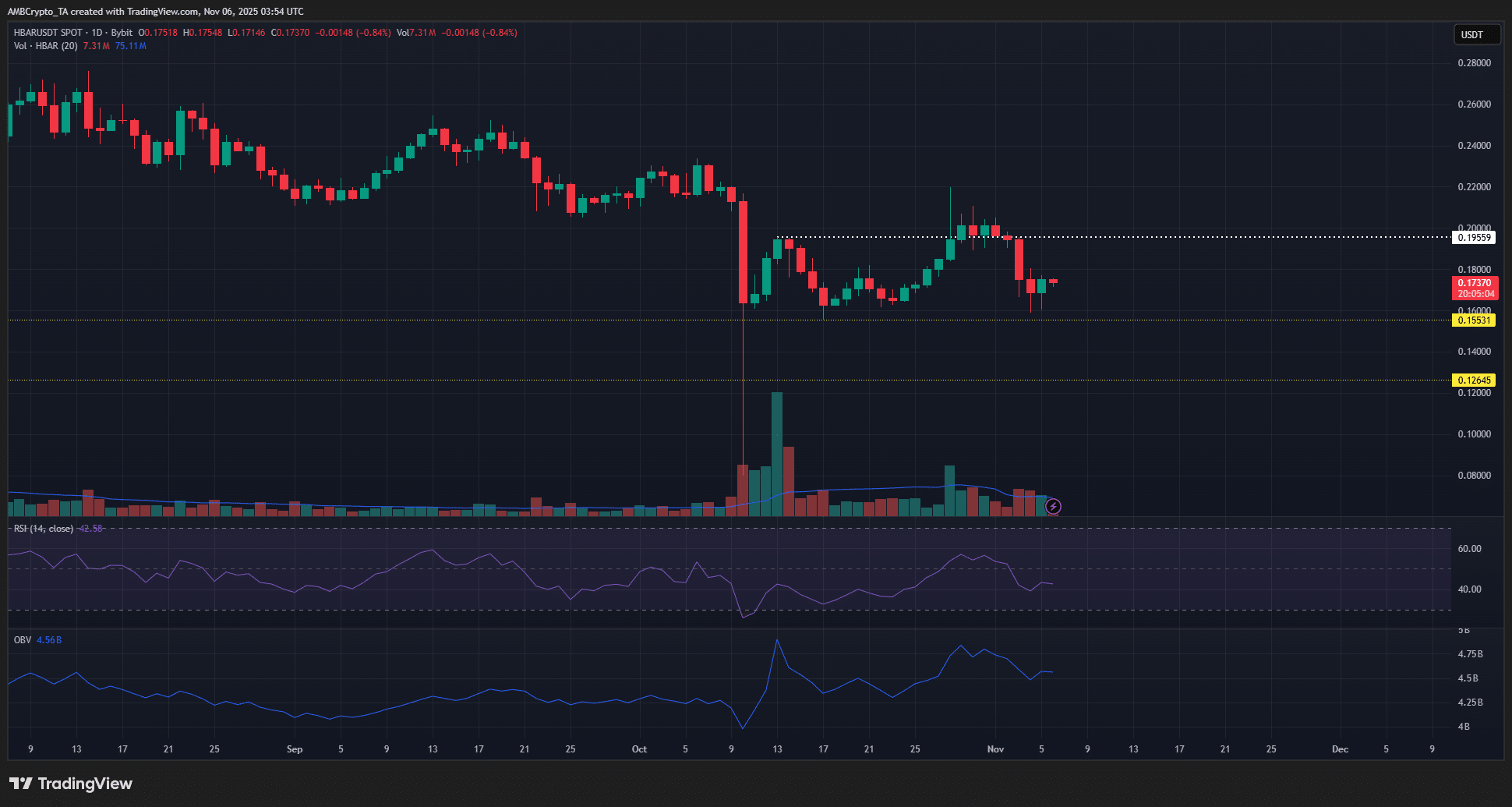Japan’s Bold Move: Could Banks Holding Bitcoin Spark a Financial Revolution?
Ever wondered what it would look like if traditional banking met the wild west of cryptocurrency? Japan might be on the brink of answering that very question. The Financial Services Agency (FSA) is weighing a significant rule change that could permit banks to hold Bitcoin and other crypto assets for investment purposes. This isn’t just a tweak on paper; it’s a potential game-changer that balances cutting-edge innovation against the solid steel of financial stability. But here’s the kicker—how exactly can banks navigate the notorious volatility of crypto without risking the entire financial system? As regulators gear up to draft new frameworks that could make digital assets part of mainstream banking, the market watches closely, wondering if this blend of caution and curiosity will pave the way for safer, stronger crypto investments within trusted institutions. Intrigued? Dive deeper into this evolving financial story and see what’s in store. LEARN MORE
Regulators will consider how banks can manage crypto-related risk exposure to prevent instability from price swings.

Key Takeaways
- Japan is considering regulatory changes to allow banks to invest in and hold Bitcoin and other crypto assets.
- The Financial Services Agency aims to ensure bank stability and investor safety by developing new risk management frameworks for crypto investments.
Share this article
Japan’s Financial Services Agency (FSA), which oversees and regulates the country’s financial sector, is considering reforms that would allow banks to acquire and hold digital assets such as Bitcoin for investment purposes, according to a new report from Livedoor.
Talks on possible regulatory revisions are expected to start shortly within the Financial System Council, an advisory body to the Prime Minister, the report states.
The FSA intends to introduce regulations that consider how crypto investments could affect banks’ financial stability. The working group will also discuss risk management systems for digital asset handling to mitigate volatility risks.
Under the current FSA guidelines, which were updated in 2020, banks are not allowed to hold crypto for investment due to concerns over price volatility and potential losses affecting banks’ financial health.
The proposed framework would roll back that restriction with added safeguards, allowing banks to buy and sell digital assets alongside traditional instruments like equities and bonds under strict financial soundness rules.
The regulator is also considering allowing banking groups to register as crypto asset exchange service providers, a status required for offering crypto trading services. The agency believes the entry of trusted banking institutions could create a safer investment environment for retail investors.

- Login
- Sign Up




















Post Comment